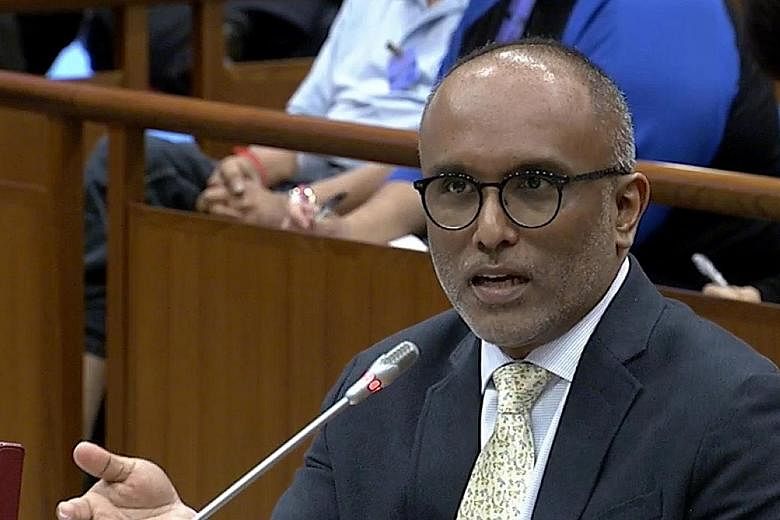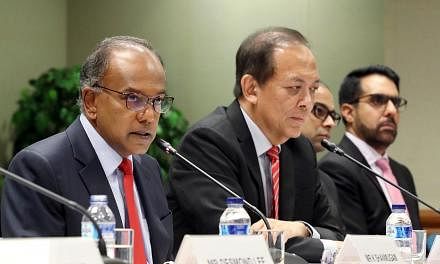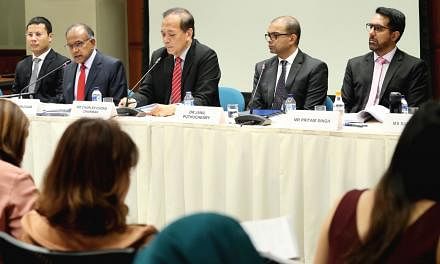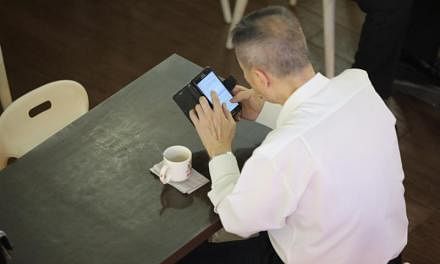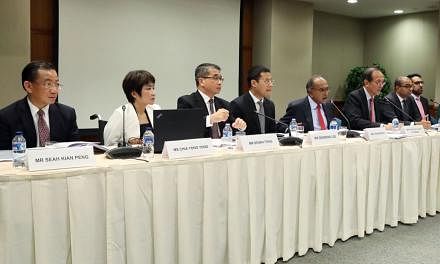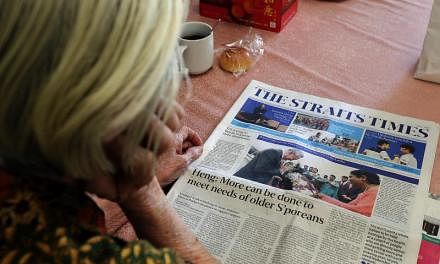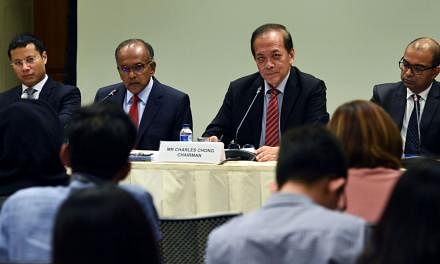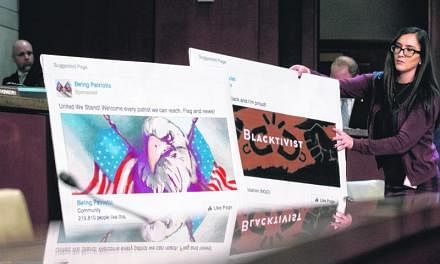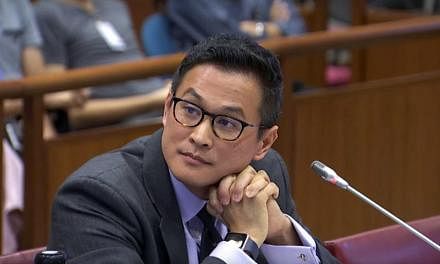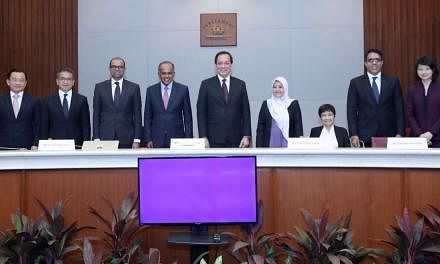Hateful expression warrants a firm response, but not always with criminal law, academic Cherian George said yesterday.
Any such legislation, if used in the wrong circumstances, can be counter-productive and could be weaponised by political opportunists, he added.
Dr George, in making these points at a public hearing on deliberate online falsehoods, said hateful expression that incites discrimination has to be distinguished from mere insult and offensive remarks.
He suggested that Singapore repeal its insult law - Section 298 of the Penal Code.
The professor of media studies at Hong Kong Baptist University made clear that laws have a role to play in fighting falsehoods and hateful expression.
But any new laws should be written carefully to help the Government keep up with the dissemination of hateful expression and falsehoods via new technologies, he added, instead of creating new classes of illegal speech.
There is a growing consensus among experts worldwide that insult laws that prohibit expressions which wound the feelings of religious or racial groups tend to backfire, he told the Select Committee.
Such laws tend to be used by the most intolerant groups in society to accuse more moderate and minority groups of causing offence, and then to call on the State to penalise the minority group, he noted.
While this has not yet happened in Singapore, he warned that Singapore cannot assume that it never will. "We need to look at the best thinking outside Singapore, among experts and policymakers that have been dealing with this for years."
In agreeing that laws have a place in fighting falsehoods and hateful expression, he said: "If today, a politician or preacher stands up and says our country has no room for (a particular) community, that is not the time to distribute media literacy booklets. Throw the book at him. The law is sometimes the first resort when it comes to incitement."
He urged the committee to focus on "upstream", long-term measures such as media literacy and civic literacy education to ensure citizens can critically evaluate information and are not vulnerable to intolerant, populist views.
In discussing his call to repeal Singapore's insult law, Dr George said: "I do, in all sincerity, hope that over the long term, the competent authorities... will in fact look deeply into whether this law needs to be tweaked, considering that even in the country we inherited this law from (India), there are experts who have pointed out for years that it does not work."
Senior Minister of State for Communications and Information and Education Janil Puthucheary argued that such a law ensures states can take action early against hateful expression, and not act only when it is too late, like when violence has broken out.
Home Affairs and Law Minister K. Shanmugam added that while the law cannot be a complete solution to fighting online falsehoods and hateful expression, having a solid legal framework is necessary.
He said a multi-faceted approach is needed to deal with the "very significant" challenges posed by online untruths.
"It has got to include a substantial amount of media literacy education, an approach of bringing to the people a much better understanding of risks and the ability to understand what is true and false, but underpinned by a legal framework that gives the necessary powers to intervene," the minister said.
He added that legal action is not the Government's first "port of call". Instead, it will first gather religious leaders and hold discussions before turning to the law.
"The framework of laws that surround what can and cannot be said about another race or religion... thankfully, we have come to a position today where we don't have to invoke them very much," he said.
Mr Shanmugam added that the Government will look at whether repealing Section 298 would weaken the legal framework.
Dr George, in his written submission to the committee, also warned that the disproportionate attention paid to social media's role in the dissemination of hate expression and falsehoods can be counter-productive. "Hate propagandists... would not be helpless without it," he noted.
Face-to-face communication in places of worship and study groups probably play a much bigger role than online messages in fostering religious intolerance, he said.
Public hearings to fight online falsehoods: Read the submissions here and watch more videos.
